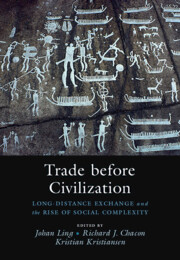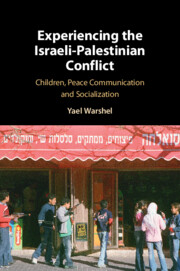This article discusses Japan's colonization of Korea in the context of world time. Korea was a unique colony as it was one of the last to be colonized in the world. Japanese colonizers pushed a heavy-handed “military policy”, mainly because of the sharp resistance at their accession to power in the period 1905-1910. In 1919 when mass movements swept colonial and semi-colonial countries, including Egypt and Ireland, Koreans too rose up against Japan's rule. Stung by wide resistance by Koreans in March and April 1919 as well as general foreign reproach, Japanese leaders adopted a “modern” practice by starting the imperial “cultural policy” in mid-1919. The most important consequence of the cultural policy was the integral role Korean industry soon had in linking the metropole with hinterland economies, and it is from this point that we can date Japan's specific brand of architectonic capitalism that has influenced Northeast Asia down to the present.

